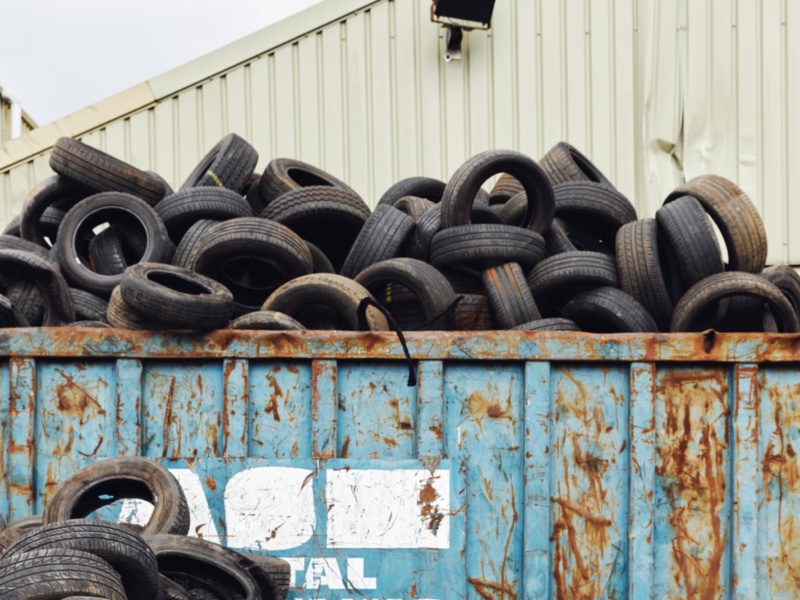Understanding the intricacies of waste disposal is crucial for small business owners, construction site managers, and homeowners. Some items pose environmental risks and should not be hauled away in a roll-off dumpster. Knowing what these restrictions are is critical to making responsible decisions and safeguarding our environment.
It's the responsibility of the roll-off dumpster renter to comprehend and adhere to these restrictions. The risks linked to the improper disposal of hazardous waste are not to be taken lightly and can:
- Introduce serious health risks to humans and wildlife
- Contaminate groundwater
- Impact air quality
Empowerment Through Knowledge: Understanding the Restrictions
Knowing what items are labeled as restricted waste helps individuals and businesses make better decisions about properly disposing of hazardous materials. It can also help you decide what items to recycle. All while preserving our environment and protecting the health and well-being of humans and animals.
Restricted Items
Knowing which items are environmentally hazardous is the first step in responsible waste management. Everyday items that fall under a restricted category and that can't be disposed of in a rented rolloff dumpster include:
- Lithium and coin cell batteries: LIR, ML, CP, GRP, and LV series
- Automotive batteries
- Vehicle tires
- Vehicle air conditioning (AC) units that contain Freon
- High-combustion substances: Fuels, used or unused motor oils, paint thinners, oil-based cleaners, white fuel, wet paint, lacquers, wood stains, kerosene, matches, flares, diesel fuel, nail polish remover, rubbing alcohol, and fertilizer or pesticides (dry or liquid)
- Fuel tanks: propane or gasoline
- Fluorescent lightbulbs
- Adhesives: glue and epoxy
- Food waste
- Household appliances containing Freon: refrigerators, freezers, and AC units
- Other household appliances: hot water tanks
- Unused or old household solvents and chemical cleaners
- Printer and pen ink cartridges and resins
- Treated lumber: railroad ties and telephone poles
- Corrosive waste: chlorine bleach, pool cleaners, rust remover, and oven cleaner
- Compressed tanks, cans, or sprays: oxygen tanks, spray paint, and aerosol cans
- Ammunition
- Toxic waste: antifreeze and medications
- Biological waste: animal waste or remains, body fluids or remains, and human waste
- Electronic devices: cell phones, computers, and medical equipment
When In Doubt, Ask
When dealing with potentially hazardous materials, it's always best to seek guidance. If you're unsure about an item's classification or safe disposal, remember you're not alone.
Consulting with a dumpster rolloff provider like Big John's Rolloff Service at 417-540-0663 will help. They'll tell you what items are restricted from being hauled away in a rolloff dumpster and guide you in adequately disposing of hazardous waste, giving you long-term peace of mind.
Taking the step to ask in advance will save you time and headaches to ensure compliance with local and MO-state regulations. Proper disposal of restricted waste items is a responsibility that falls on us all, whether you're managing a construction site, running a business, or maintaining your home. By understanding what constitutes dangerous waste and taking appropriate measures to dispose of it, you'll proactively protect our planet for future generations.
